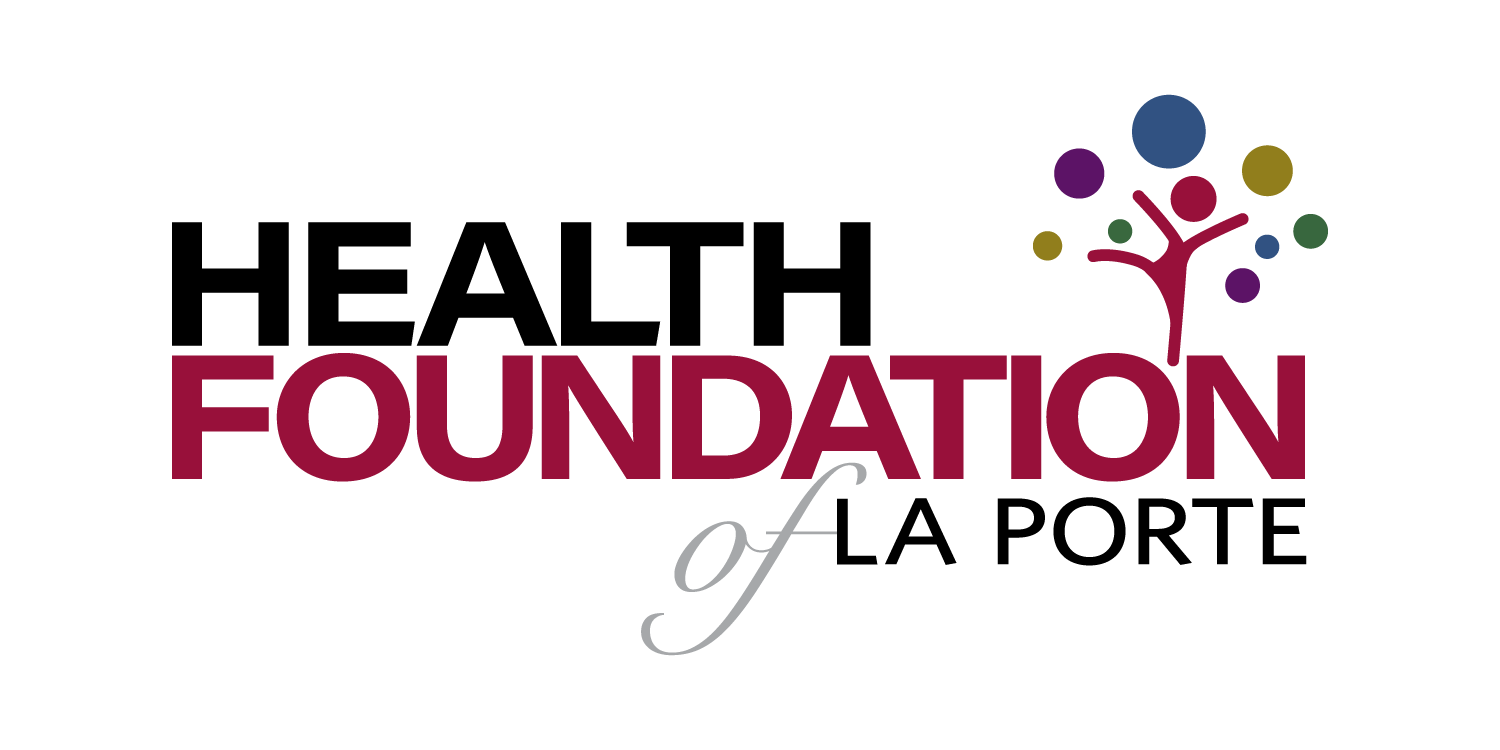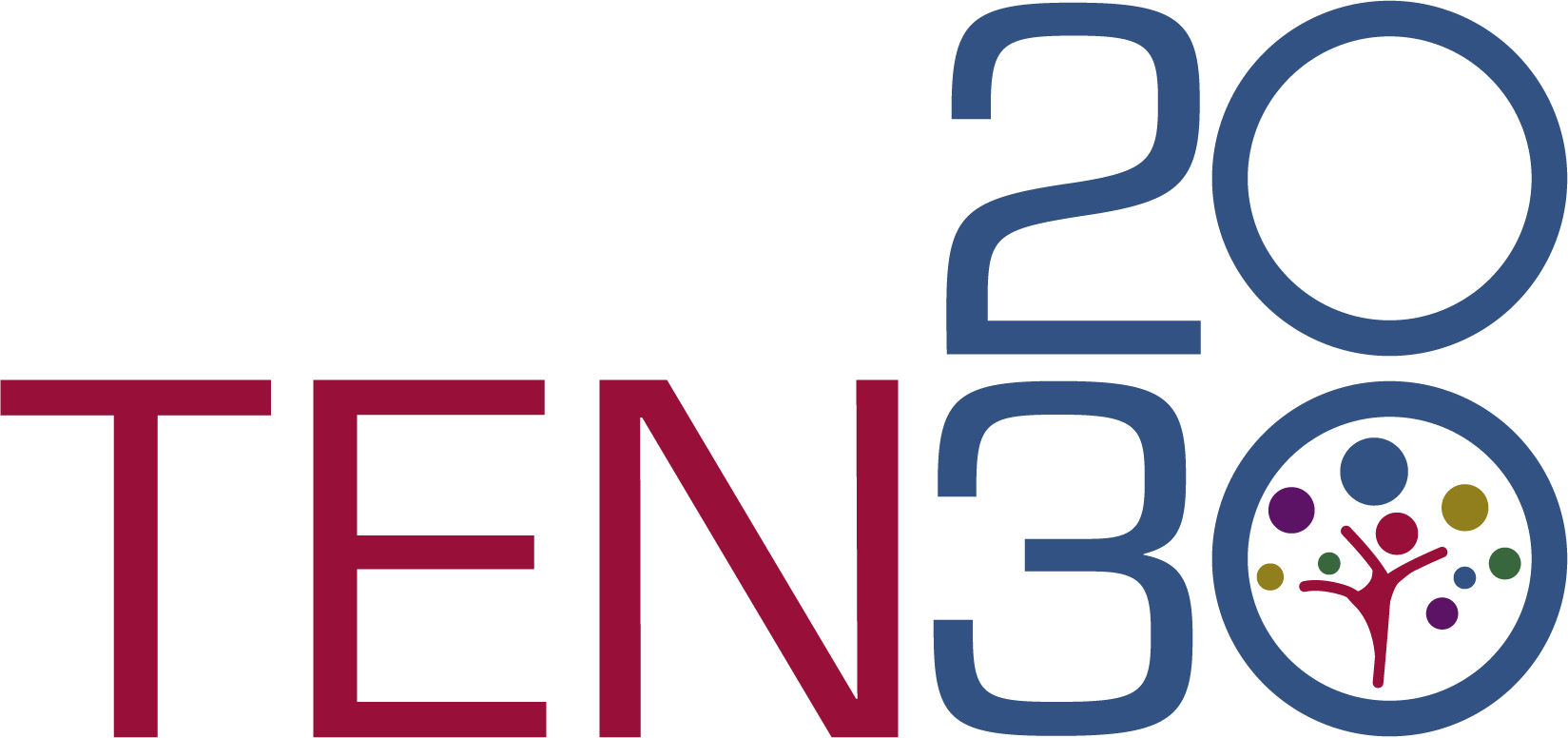Promising Practices
The Promising Practices database informs professionals and community members about documented approaches to improving community health and quality of life.
The ultimate goal is to support the systematic adoption, implementation, and evaluation of successful programs, practices, and policy changes. The database provides carefully reviewed, documented, and ranked practices that range from good ideas to evidence-based practices.
Learn more about the ranking methodology.
Filed under Good Idea, Education
Goal: McREL is a nonprofit, nonpartisan education research, development, and service organization that helps schools, districts, and education agencies improve outcomes for all students. We help school and system clients in all kinds of communities analyze their performance, identify the root causes of challenges, build their staff capacities, and find the under-used bright spots they can scale up to make an even bigger difference for every student.
Filed under Good Idea, Health / Physical Activity, Adults
Goal: The Measure Up program helps participants lose weight and learn to live healthier lifestyles through better eating habits.
Impact: Participants of the Measure Up program receive personalized assistance from registered dietitians to improve eating and exercise habits.
Filed under Effective Practice, Health / Physical Activity, Children, Teens
Goal: Media-Smart Youth aims to stimulate youth to think about physical activity and nutrition by developing an awareness of the link between media and health.
Impact: Among other improvements, the 4-year graduation rate for Menominee Indian High School increased from less than 60% in 2008 to 92% for the 2015-16 school year.
Methodist Germantown Diabetes-Self Management Education & Support (DSMES) Service (Shelby County, TN)
Filed under Good Idea, Health / Diabetes, Children, Teens, Adults, Women, Men, Older Adults, Racial/Ethnic Minorities, Urban
Goal: The organization goal for the DSMES Service is to help each person living with diabetes attain knowledge and/or skills that may enable and empower them to perform effective self-care, promote wellness and prevent sickness and complications
Filed under Effective Practice, Health / Health Care Access & Quality
Goal: The objectives of the Cardiovascular Disease Risk Screening and Education program are as follows:
-To identify and provide early intervention for those with or at risk for untreated or uncontrolled hypertension
-To screen and identify those at risk for cardiovascular and renal disease
-To educate those found at risk for CVD
-To provide early chronic disease intervention
-To facilitate access for long term chronic disease care with partner sites
Filed under Good Idea, Health / Immunizations & Infectious Diseases, Urban
Goal: The overriding goal of the workgroup is to develop, institute and evaluate preventive measures (e.g. procedures, protocols and policies) that would mitigate the impact of any future waterborne disease incidents. Post 9/11, the workgroup has evolved to include discussions on water security in the context of an intentional contamination event.
Filed under Effective Practice, Economy / Employment
Goal: The goal of this program is to move employable TANF recipients into the workforce and to provide job retention support.
Filed under Effective Practice, Health / Mortality Data, Children, Older Adults, Urban
Goal: The goal of this program is to reduce heat-related morbidity and mortality in Milwaukee.
Filed under Good Idea, Health / Alcohol & Drug Use, Children
Goal: Program objectives are to:
- Plan and conduct five sets of interactive tobacco prevention mini-sessions for youth and parents in multiple school-linked settings;
- Plan and implement one annual media advocacy event coordinated with the national Campaign for Tobacco-Free Kids
- Plan and conduct tobacco educational outreach and implementation guidance for coaches and athletic staff. Teen Presenters deliver tobacco prevention mini-sessions to younger children, grades 1-6.

